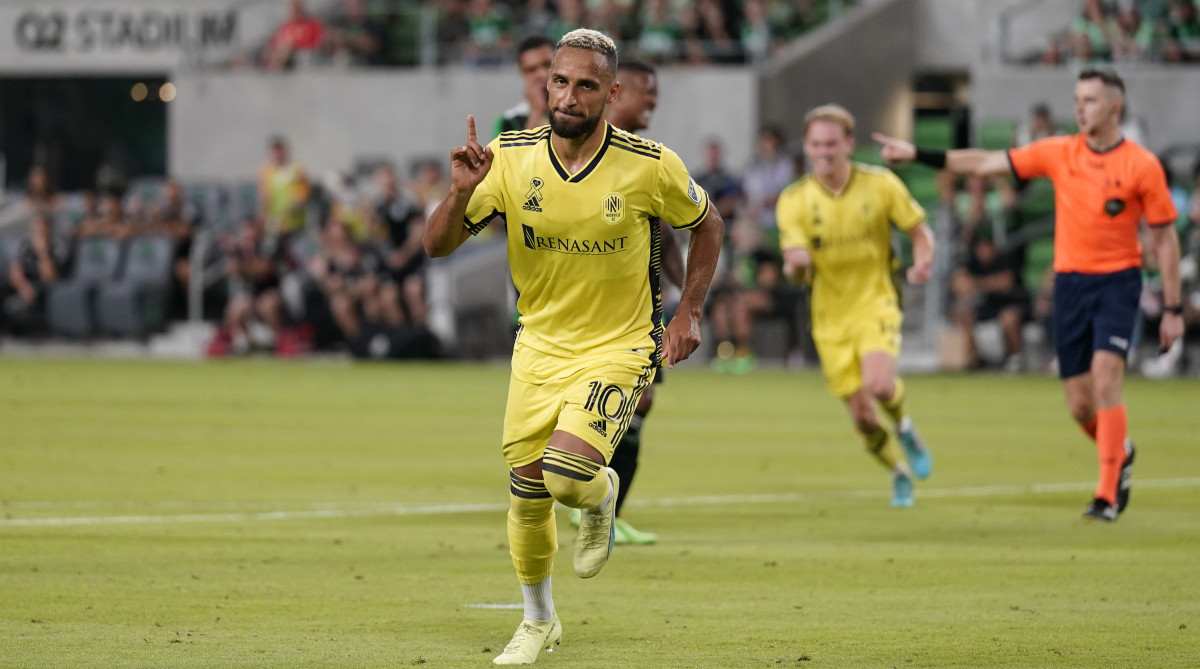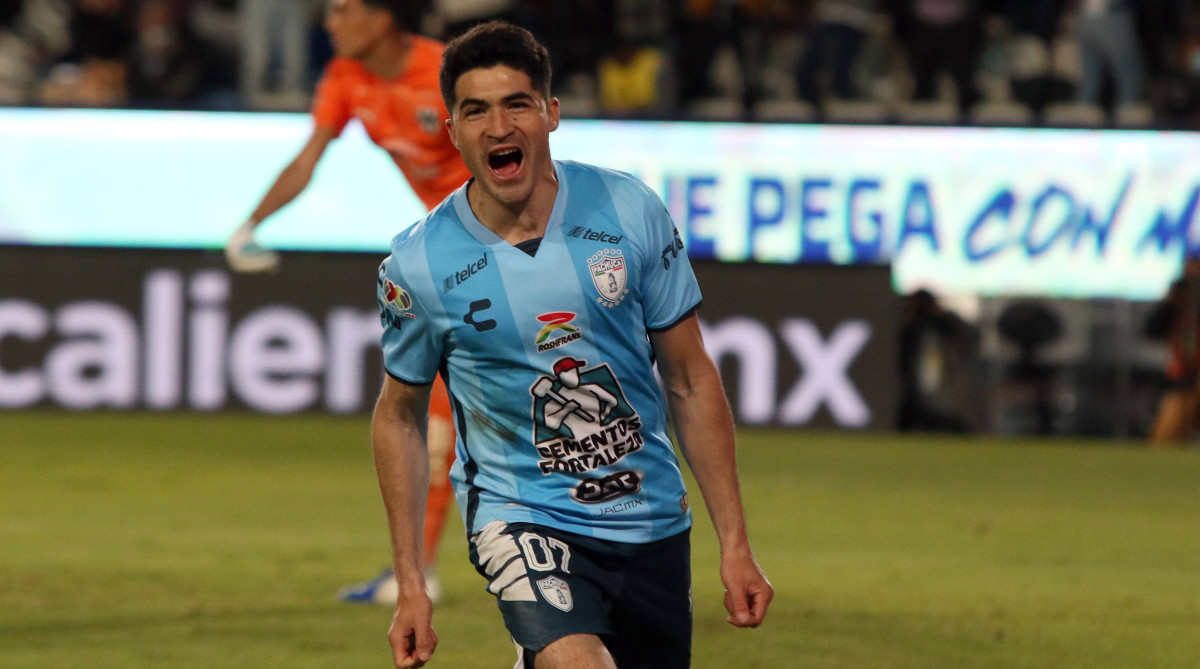MLS, Liga MX Reveal Groups for Revamped 2023 Leagues Cup
MLS and Liga MX unveiled Friday the groups for the upcoming Leagues Cup tournament, which will significantly alter the calendar and, perhaps, the competitive landscape in Concacaf’s two biggest countries.
Following a couple limited dry runs in 2019 and ’21, the Leagues Cup now is an all-inclusive, regionally sanctioned competition featuring all 47 MLS and Liga MX clubs. The 77 games will require both the U.S./Canadian and Mexican circuits to pause domestic play from July 21 through the Aug. 19 final. The first, second and third-place Leagues Cup finishers will qualify for the 2024 Concacaf Champions League.
All games will be played in the U.S. or Canada.
There was no Leagues Cup draw for this year’s tournament. Instead, the 15 three-team groups were arranged based on 2022 domestic performance and geography. MLS champion Los Angeles FC and the ’22 half-season Liga MX champion with the better full-year record, Pachuca, were awarded byes to the Leagues Cup’s single-elimination round of 32.

The remaining best 15 teams in the 2022 MLS standings were then paired with the remaining top 15 Liga MX sides in reverse order (No. 1 MLS vs. No. 15 Liga MX, No. 2 MLS vs. No. 14 Liga MX, etc.). That left the bottom 13 MLS teams, which were sorted into one of the four geographic regions and placed in a group according to '22 finish. Finally, the 17th- and 18th-ranked Liga MX entrants filled the last two first-round slots.
That produced the following 15 groups:
East Region
East 1 — Philadelphia Union, Tijuana, Querétaro
East 2 — CF Montreal, UNAM Pumas, D.C. United
East 3 — New York City FC, Atlas, Toronto FC
East 4 — New York Red Bulls, Atlético San Luis, New England Revolution
South Region
South 1 — Austin FC, Mazatlán FC, FC Juárez
South 2 — Santos Laguna, Orlando City, Houston Dynamo
South 3 — Cruz Azul, Inter Miami, Atlanta United
South 4 — FC Dallas, Necaxa, Charlotte FC
Central Region
Central 1 — Club América, Columbus Crew, St. Louis City
Central 2 — Puebla, Minnesota United, Chicago Fire
Central 3 — Chivas Guadalajara, FC Cincinnati, Sporting Kansas City
Central 4 — Nashville SC, Toluca, Colorado Rapids
West Region
West 1 — Tigres UANL, Portland Timbers, San Jose Earthquakes
West 2 — Monterrey, Real Salt Lake, Seattle Sounders
West 3 — LA Galaxy, Club León, Vancouver Whitecaps
The top two finishers after a three-game round robin will advance to the round of 32. Group-stage matches tied after 90 minutes will proceed to a penalty shootout, the winner of which will earn an extra point. Fifteen clubs will be eliminated after playing two games.
The knockout bracket likely will be arranged by region. It was announced Friday that LAFC will be placed into the West, which contains only three groups, while Pachuca is slotted into the South. That would force one of the eight round-of-32 qualifiers from the South to shift to the remaining open berth in the West.

Additional details regarding bracketing and scheduling are expected to be announced during the first quarter of 2023.
In their release, MLS and Liga MX called the 2023 Leagues Cup the “inaugural edition.” The 2019 and ’21 events, which were named Leagues Cup and which awarded the same silver trophy that’s at stake this summer, were eight-team invitational tournaments that weren’t sanctioned by Concacaf (Leagues Cup was postponed by the pandemic in ’20 and played as a series of pre-arranged “Showcase” friendlies last year.)
The obvious distinction between an annual, sanctioned, inclusive competition and an unsanctioned invitational has left MLS and Liga MX considering how to identify, record and separate the eras going forward. More clarity on that front is expected in the the coming months.
